Gardening Unit Study Ideas
Teaching your children what garden tools they need and how to use them is very important! It’s also important to teach your children how to properly maintain a garden. Some people grow a garden in order to save money on food. Some do it to have access to healthy food that was grown without pesticides. Some do it for the challenge and the fun of it or even for a little bit of exercise. Whatever your reason is for gardening, it’s a wonderful idea to get your children involved!
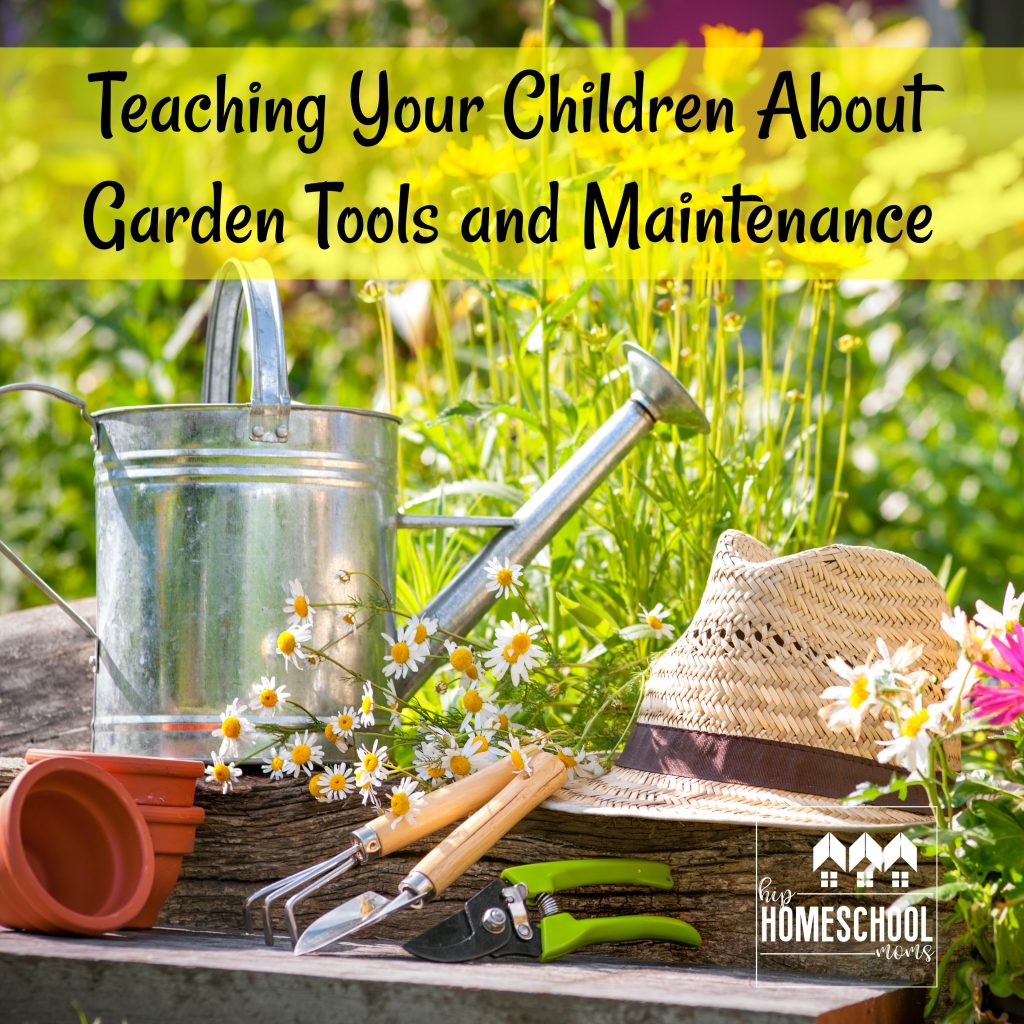
Children can learn so many things from gardening! They can learn patience, time management, and responsibility just to name a few things! And if you work together in the garden, it can even be a time of growing deeper relationships!
Regardless of your reason for gardening, there are certain things you need to teach your children about–especially as they get older and are able to take more responsibility for maintaining the gardening tools and the garden itself.
You don’t really need lots of fancy garden tools and gadgets in order to grow and maintain your garden.
Something your children need to know is that, while it can be fun to go out and buy new gardening tools, it’s not necessary to spend a lot of money on fancy tools and gadgets.
- shovel
- hose or other watering item
- trowel
- soil mix
- gardening gloves
- bucket
This is really ALL that you really NEED to garden. You may want to invest in other items to make your gardening easier…especially a tiller if you plan to turn over a larger area. But for me, since I am using boxes and planting in smaller turned over areas, I am fine with a little elbow grease and a shovel. It’s very good exercise too!
The thing your garden needs most is careful nurturing.
Our children need to learn to nurture their gardens! There are some important things they need to learn to do on a daily or weekly basis in order to maintain a healthy garden that produces good-quality food for the family. Here are some suggestions:
Our children need to learn to:
- Prepare the soil well before planting the garden. This helps ensure that maintenance is kept to a minimum.
- Use heirloom seeds and harvest the seeds to plant again next year!
- Water plants regularly. Help your younger child (or ask your older child) to do some research on the plants you’re getting ready to plant in your garden. How much water does each kind of plant need? Should the soil around a certain plant be kept moist at all times? Should it be allowed to completely dry out between waterings? Explain why this is important. (For example, some plants will only flower during the dry periods between waterings. If the child never allows that certain plant to completely dry out, the plant may not bear much fruit since it wasn’t able to properly flower.)
- Fertilize plants regularly if needed. Some plants need to be fertilized regularly, and others do well even without fertilizer. Have your children research to find out if their plants need to be fertilized and, if so, how often and how much. If they used a good soil mix, they may not need to feed their plants very much. Or if they’re using raised beds with potting soil in them, they may not need to fertilize depending upon the soil that was used. Be sure to consider these factors because too much fertilizing can be just as bad as not enough! (Another good lesson for kids to learn!)
- Watch to see if plants need to be thinned. Something that’s easy to do is allow plants to get too big and crowded together! Your children may not realize that overcrowding leads to smaller fruits and vegetables that are lower quality than they would have been if they’d had plenty of room to grow and plenty of sunlight. Your children may simply think that more plants mean more fruit! Show them how to thin their plants before they get so big that damage will be done to the remaining plants when the extra ones are pulled up. This could lead to a great discussion about root systems and how plants get nutrients from the soil and how root damage can kill or at least stunt the growth and production of plants.
- Cover young plants if the weather gets too cold or too hot. When plants are young, they may need to be covered if the weather gets too cold (especially in early spring) or to hot (especially in the mid to late summer). This will vary from one type of plant to another.
- Watch to see if the garden needs to be weeded. It’s easy to let a few weeds turn into a lot of weeds! Teach your children to pull weeds every few days (or use a hoe to remove them) before weeds get out of control. They also need to know that, if weeds are left to grow and are pulled up when they are large, they can pull up the garden plants right along with them! Weeding is something that needs to be done often. (If your children are using raised bed gardens, weeds may be much easier to keep under control.)
- Check to see when fruits and veggies are ready to be picked. It’s easy to get busy and forget to check regularly to see if fruits and vegetables are ready to be picked from your garden! Many vegetables in particular are tough or not as tasty if they’re allowed to get overly ripe. Show your children how to know when their plants are ready to harvest. Or make another project out of it and have them do some research to find out about how long it takes each kind of plant to mature, when each one should start producing fruit, and about how long it takes for the fruit to mature.
- Be diligent about tending the garden even after the new wears off! At first, your children may be enthusiastic about planting, watering, fertilizing, and even pulling weeds! After a few weeks, though, the new may wear off, and gardening can become a chore. It’s important to encourage your children when this happens. Let them know that gardening can be hard work but that it’s also rewarding work when they get to literally eat the fruits of their labors! And they may even be able to sell or donate some if they have extra available!
- Rotate crops. If your children plant a garden year after year, it’s a good idea to have them rotate their crops from time to time. This is anther great research topic!
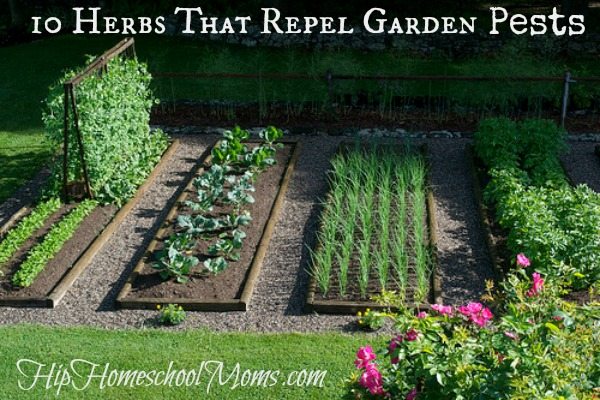
Pest control for your garden:
Bugs can be a big problem! Often aphids have been an issue, especially for tomatoes. So you can imagine my happiness whenever I find lady bugs! It makes me very happy to know I have some good insects around to battle some of the bad ones. I don’t use insecticides unless there is no other option. Usually I just remove and destroy pests when I see them. Sometimes washing plants with warm dish soap water can help. If your children have trouble with pests in their garden, I suggest having them research what to do about them or even talk to an adult in your family or community who’s been gardening for a long time. (This could even be a great short written or oral report!) And don’t forget to investigate herbs to plant with your garden that can help with pest control.
Best Garden Advice:
Keep it simple. Start off easy. A great garden takes time! My best advice is to be willing to try different things. If they don’t turn out well, your children will learn lessons with each attempt. And don’t forget to remind your children to have fun, and you have fun alongside them!
We have a free garden planner to teach your child a variety of lessons with gardening. This Garden Planner for Kids is designed to be used as a simple garden planner or basic planning worksheets. Kids can write down notes and facts as they plan and choose plants for their spring garden.


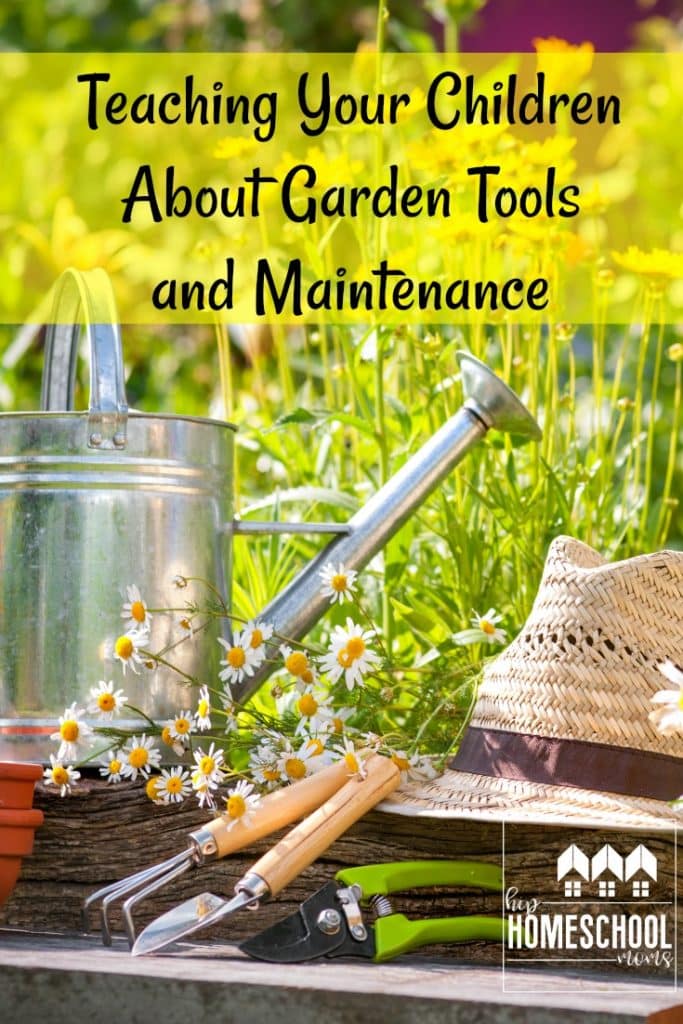
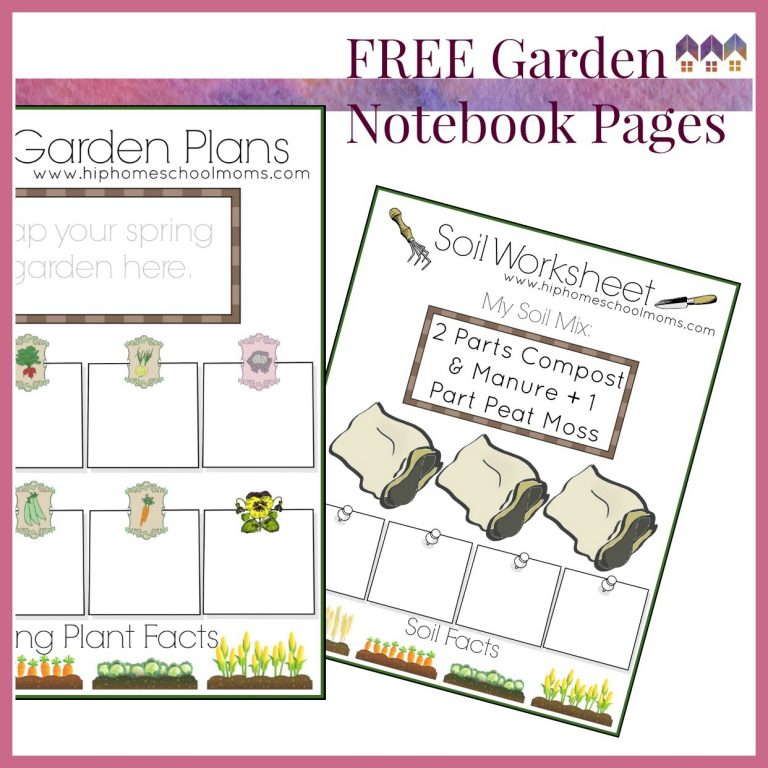


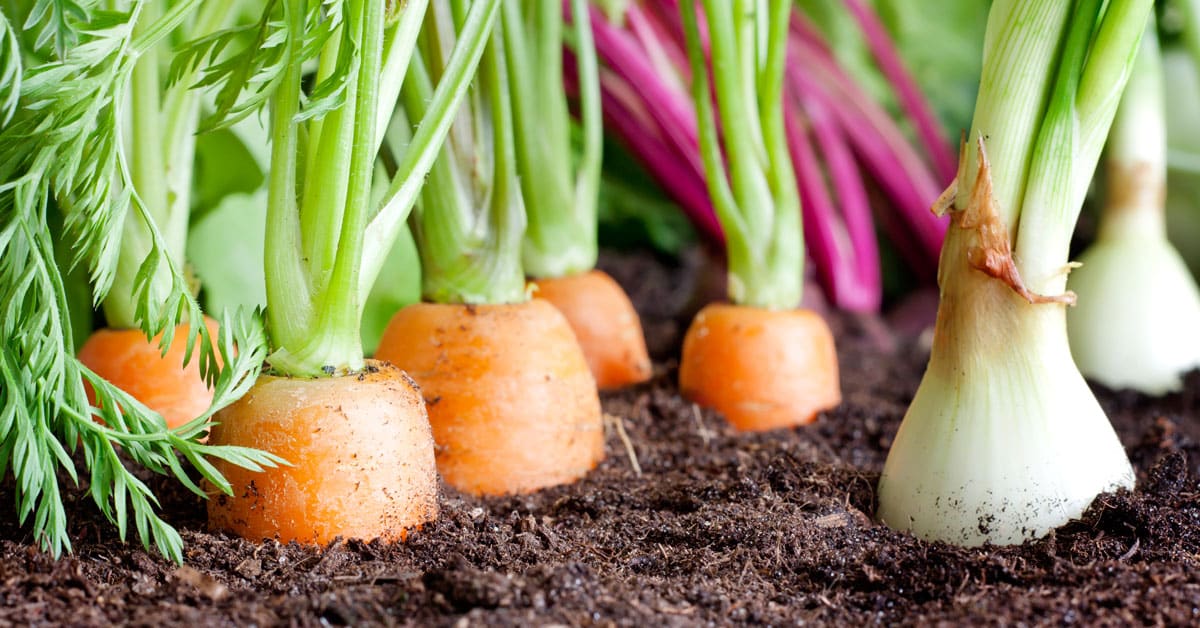
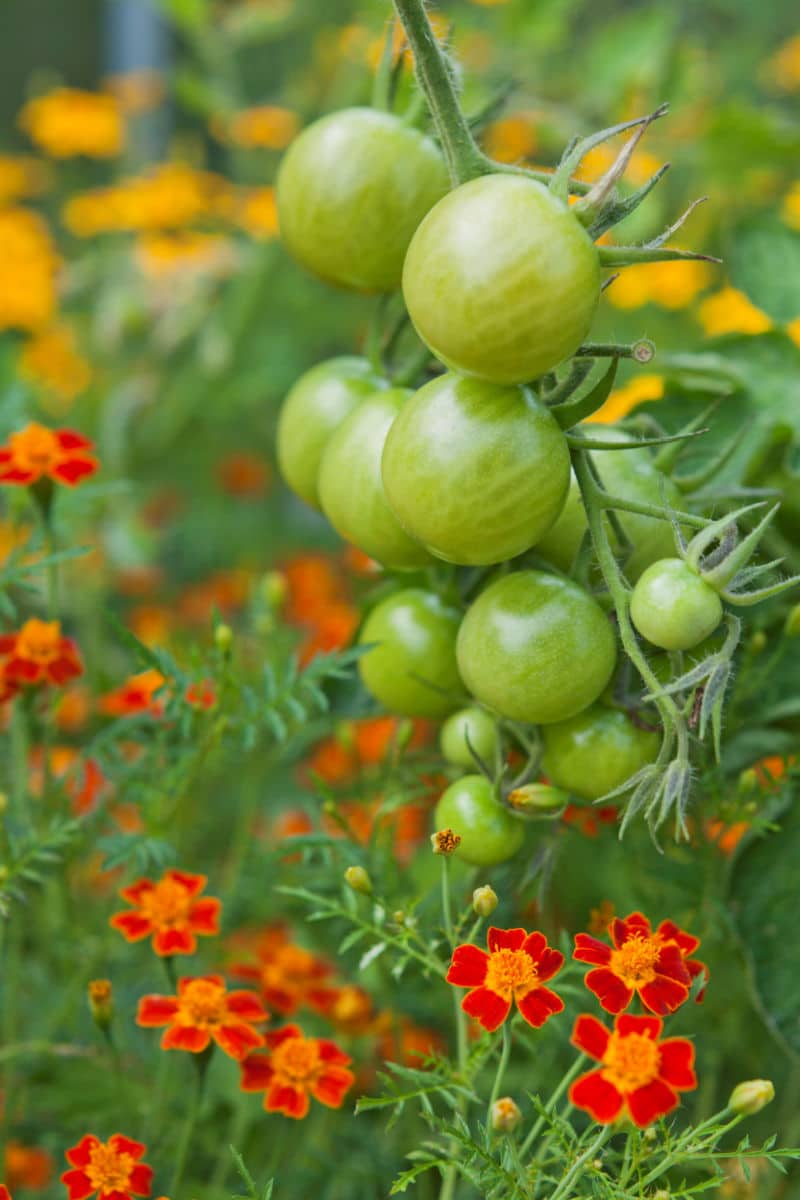

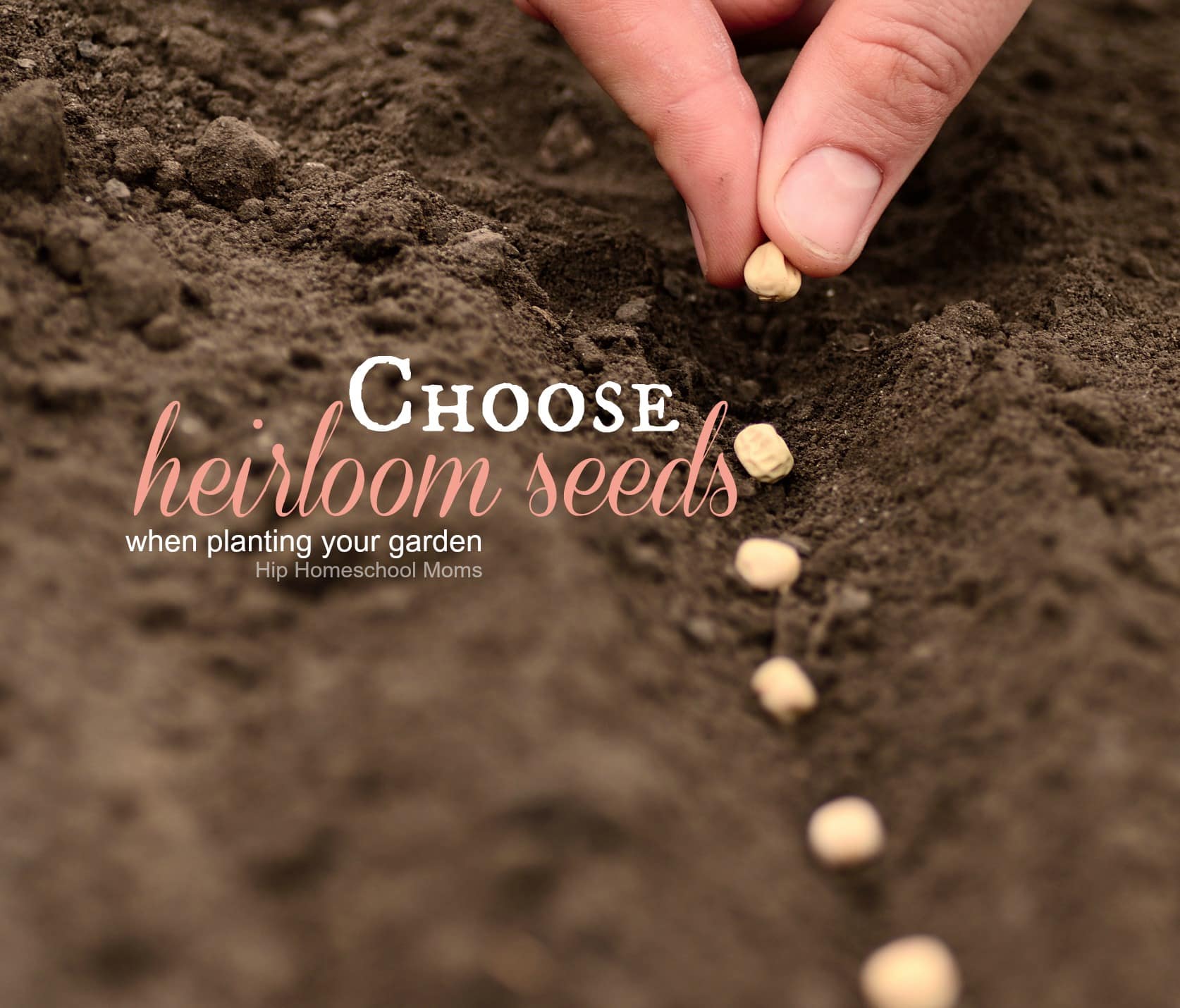
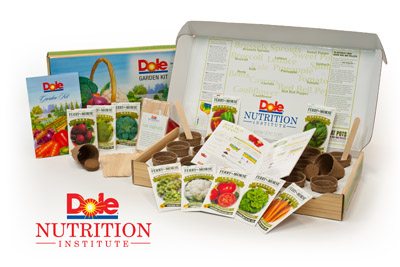
Great article, Stephanie! I spend a lot of time with my kids in the garden and they love it! I teach them to take care of their tools after that – they don`t like it as much as taking care of plants, but they do it ha-ha! This is my favorite time with them!
Stephanie Harrington, this is such a lovely post. People today need to understand the true importance of gardening and need to go back to their old habits of gardening. Your blog is sure to inspire many. Maintaining gardens can be tiresome but enjoyable. Great share and completely useful tips.